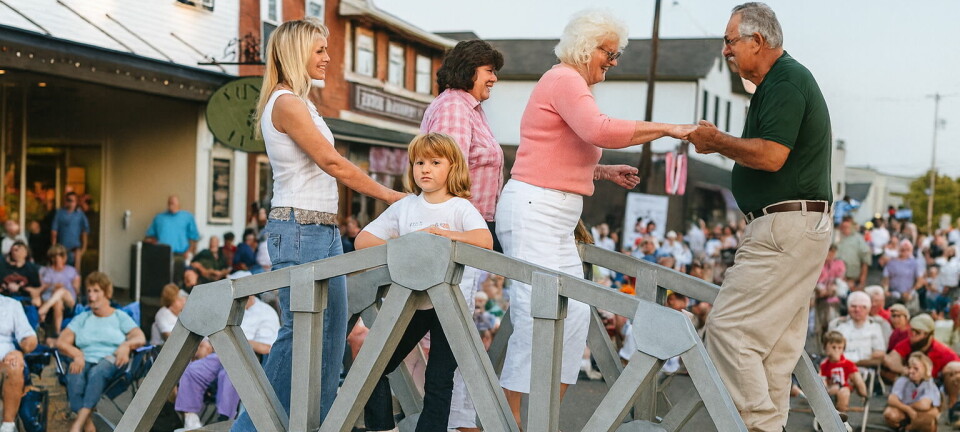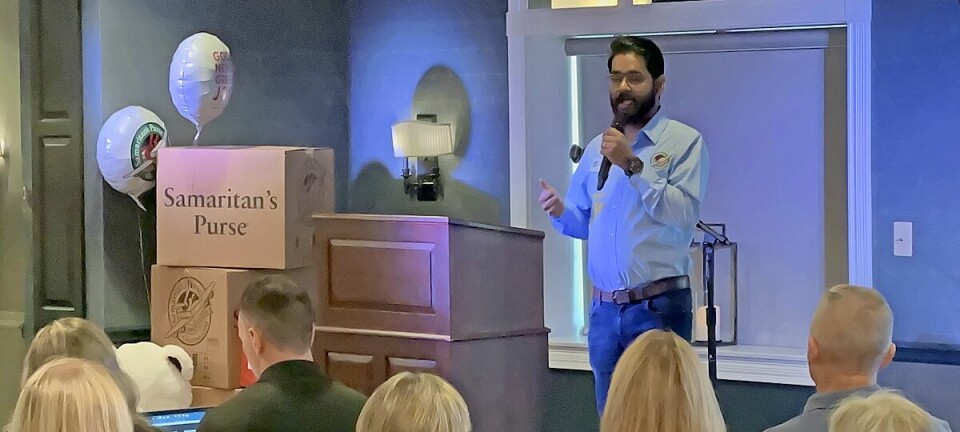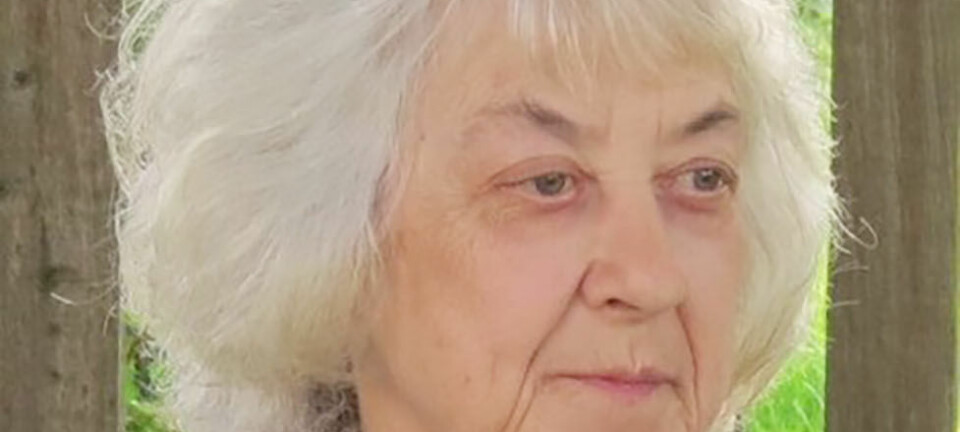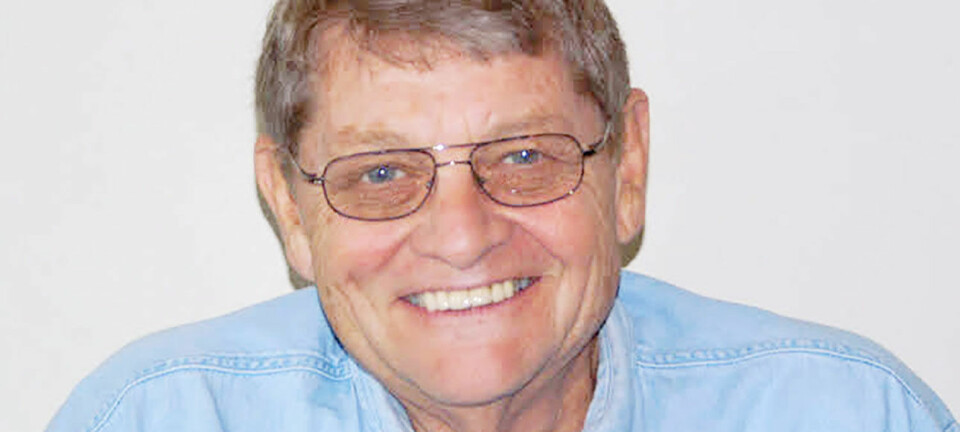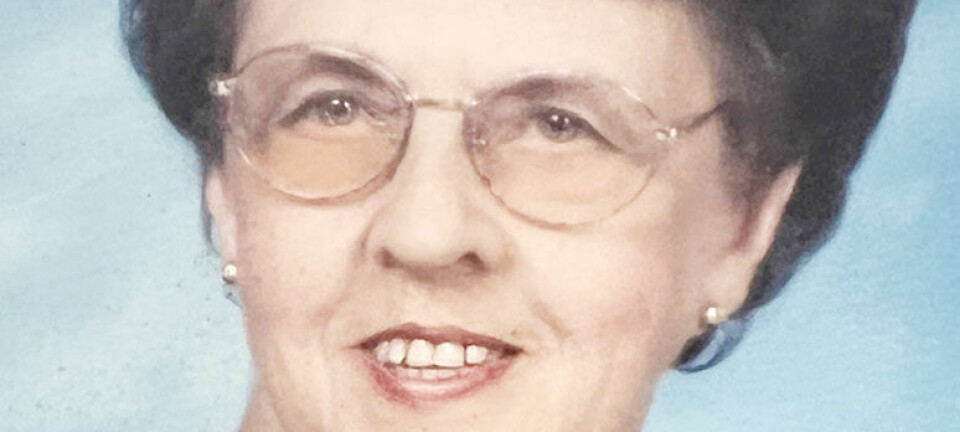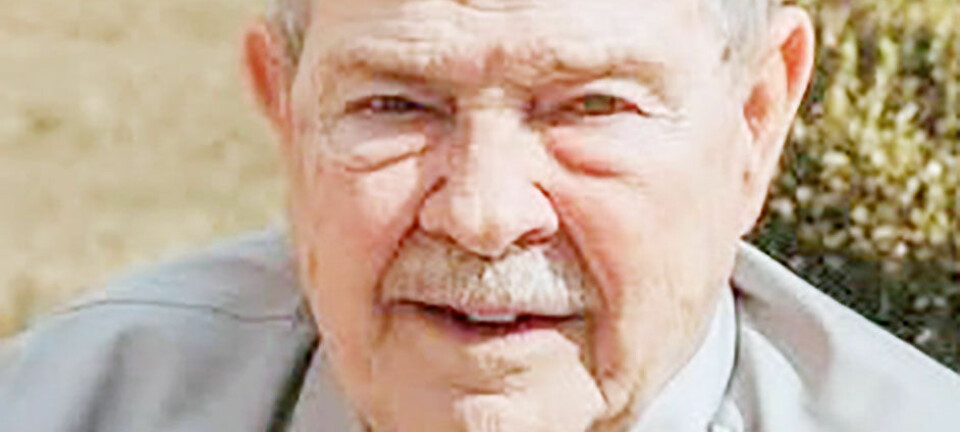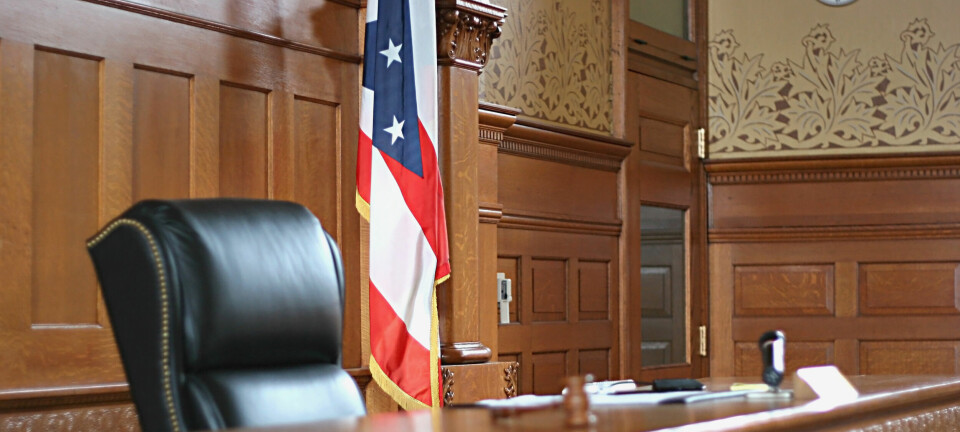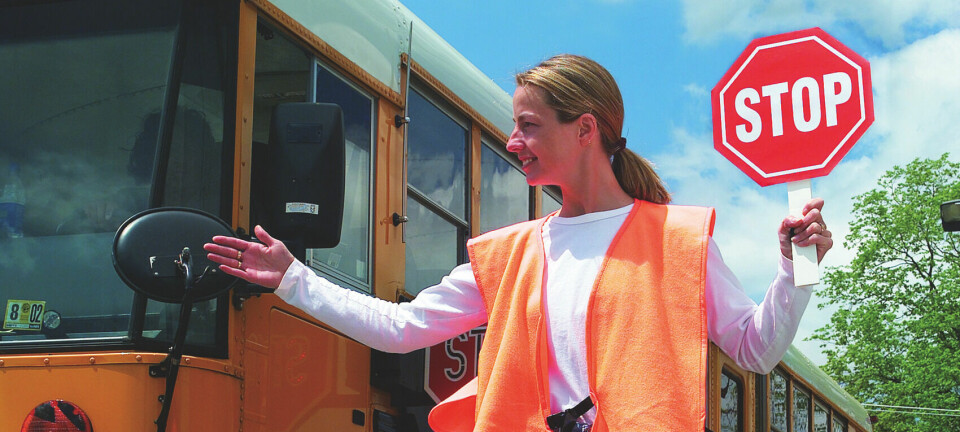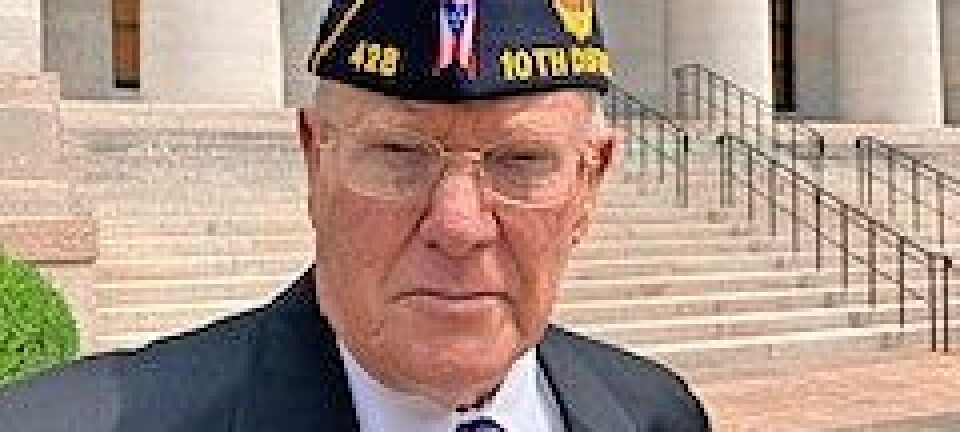Best way to keep resolutions may be not to make them

According to History.com, New Year’s resolutions have been around for about 4,000 years, with ancient Babylonians being the first to make them.
That means the people of ancient Babylonia also were the first to break their resolutions.
By the mid-1700s, John Wesley, the founder of the Methodist denomination of Christianity, created the Covenant Renewal Service, usually held on the last or first day of the year. Followers were encouraged to think about mistakes and resolve to do better.
In fact, New Year’s resolutions have all kinds of ties to Christianity yet have evolved into what we know them as today: a mostly fruitless product of secular Americans. The same History.com article said nearly half of Americans make at least one resolution, and only 8% of those succeed in achieving their goal.
Tiffany Gerber, executive director of the Holmes County Chamber of Commerce, expects the area to be toward the top of any heap of success stories, mostly given people’s day-to-day behavior.
“We’re such a unique county within Ohio,” Gerber said. “Even during COVID we still did very well. At our core we’re true to our values and traditions. The work ethic here is amazing.”
Statista.com, which ranks such things, says nearly half of the people making at least one resolution do so with their waist line in mind. Two years ago 44% resolved to exercise more, 42% to eat healthier and 31% to lose weight. Sneaking into third place was spending more time with family and/or friends at 34%.
Stopping or curbing vices are popular resolutions with nearly 20% saying they want to quit smoking (a huge number, considering fewer than 12% of adults smoke, according to multiple surveys) and 15% wanting to cut down their alcohol consumption.
A poll conducted by Forbes.com said while nearly no resolutions fail within the first month, a little more than half have been blown up after three months, and only about 6% are stuck to for an entire year.
“I do weird New Year’s resolutions,” Millersburg Mayor-elect Kelly Hoffee said. “One of my New Year’s resolutions is to organize something every month. If I try something like, ‘I’m gonna lose 20 pounds’ or ‘I’m gonna exercise every day,’ I’m out by Jan. 3.”
Wooster Mayor-elect Bob Reynolds is in a similar boat — so much so that his failure to live up to his resolutions led to him no longer making them.
“Probably most of them were gone by January, so I’ve not done the resolutions since I was young,” he said. “When I was younger, I didn’t know myself as well as I thought. Now I know. I do set some goals for myself, though.”
Matt Plybon, recently elected mayor of Orrville, uses a similar strategy. He looks to improve himself a bit on a daily basis.
“If you improved a little 365 days in a row, just by working on the little fundamental things, it would go a long way,” Plybon said.
Blake Nussbaum, recently elected mayor of Dalton, is leaning toward the most popular resolution, though he didn’t get specific. Maybe keeping a resolution a little more general is a key to succeeding at it.
“I suppose if I do make one, I just want my wife and I to have a healthy New Year,” Nussbaum said. “Everybody kind of ignores their health. I’m hoping I can be a healthy person through and through. I wish that for everyone.”
Another new mayor-to-be, Josiah Martin of Shreve, said he makes resolutions, most of which were personal and he doesn’t necessarily want to share them. In his role as mayor, though, there is at least one New Year’s resolution he hopes he can share with everyone.
“One of the resolutions pertaining to the mayoral aspect is the role I can play in Shreve in terms of bringing unity and a sense of community back to our village and instilling a sense of hope for the future,” he said.
Dave Handwerk, who’s just about to wrap up his tenure as Orrville mayor, looks to be a more spiritual person in the coming year, which he believes will become a task made easier by no longer being on his old job.
“My wife and I need to get back out to a more concerted church life,” he said. “That’s been tough to do the last few years. There were times you just didn’t want to get to church because people always saying, ‘Why didn’t this get done?’ or “Why that didn’t get that done?’”
Gerber said one thing she would like to do more of in the coming year is acknowledging her good fortune.
“With most of my resolutions, I get to about June, and if it has anything to do with working out or dieting, I make it to about Jan. 15,” she said. “So instead of wishing for more or better, I’m going to be happy with the blessings that I have and appreciate the things I always have. That’s professionally and privately.”


